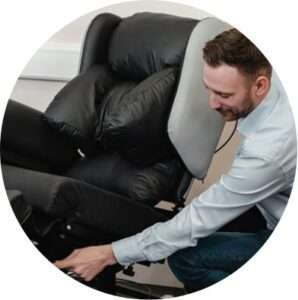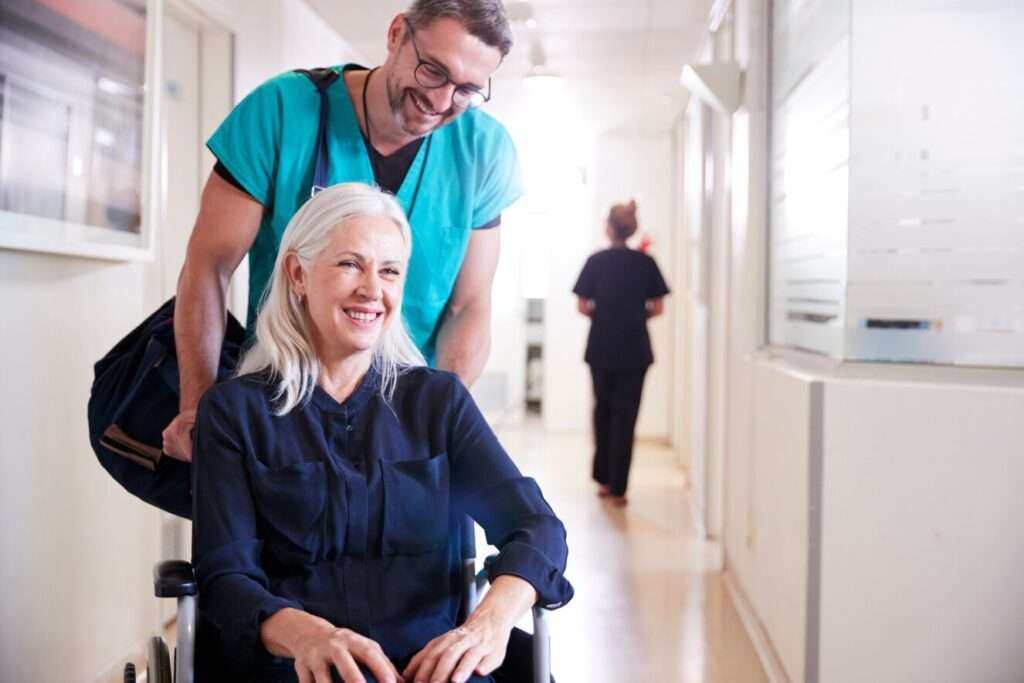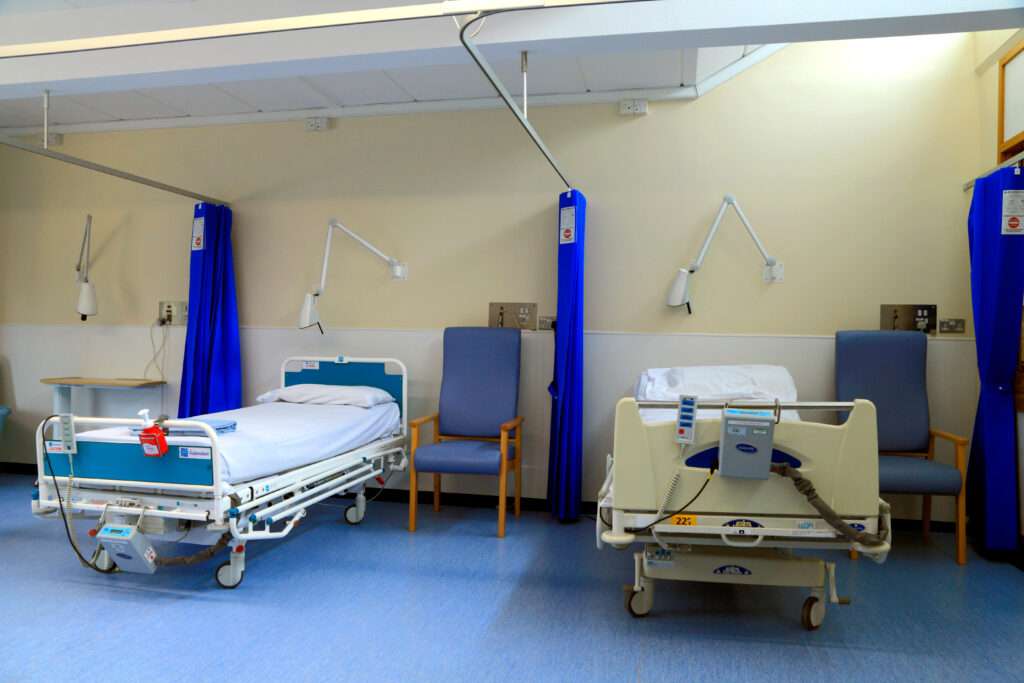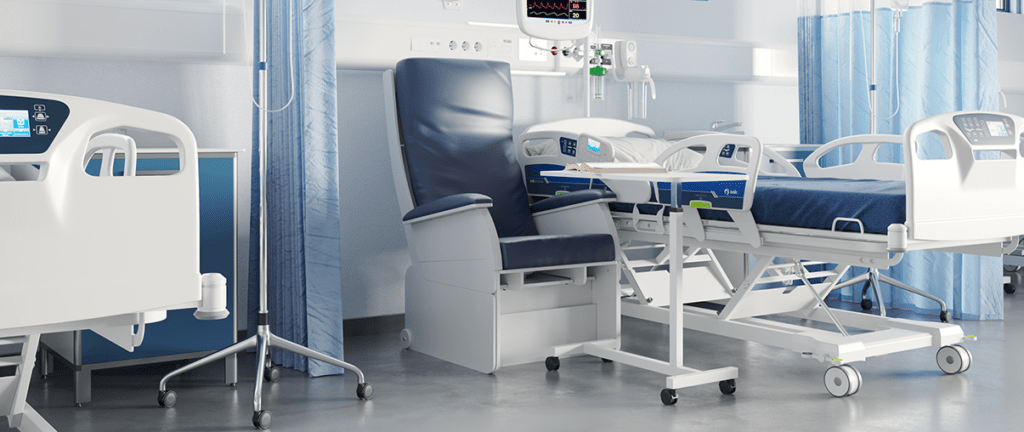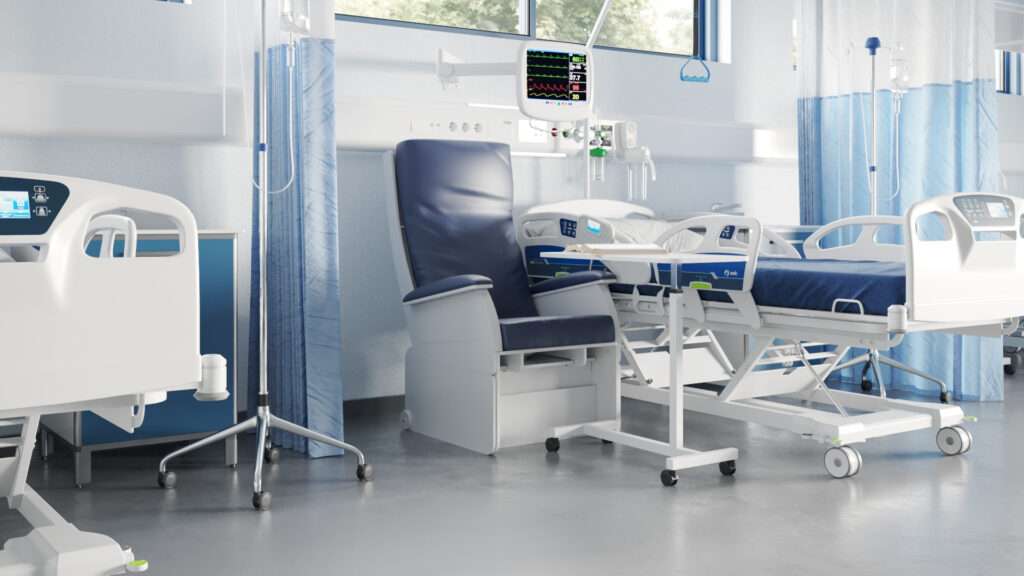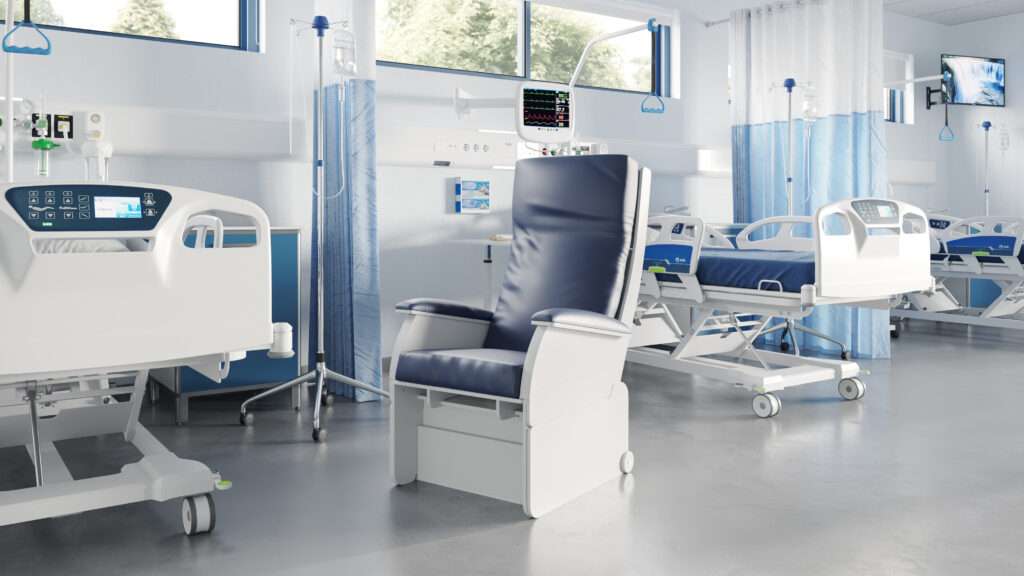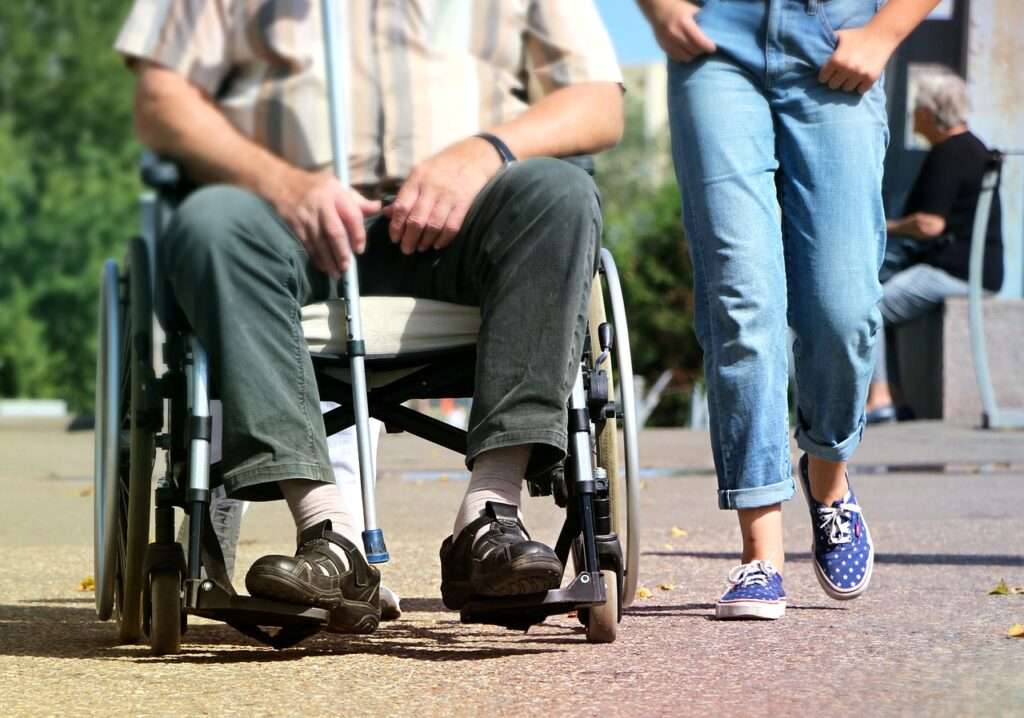The DHSC (Department of Health and Social Care) have announced a new £588 million fund to enable prompt hospital discharges. This funding is allocated to support community care, so patients can continue recovery in their own homes rather than in hospital.
In light of the Coronavirus pandemic, the government, hospital staff, patients, and their families are all keen to get people discharged from hospital as quickly as is safe to do so. Speeding up hospital discharges minimises the amount of contact between people, helping stop the spread of the virus.
There is also evidence that recovery and rehabilitation can occur faster at home. Research points to a reduced risk of infection; the importance of familiar surroundings and support systems; and the impact of restful sleep in your own bed on healing times.
With this in mind, the new funding is very welcome news! But what does it actually mean for continuing care after leaving hospital? Below we have answered all of the frequently asked questions.
Jump straight to…
When is the funding available from?
Currently, the funding is available from 1st of September 2020 to the 31st of March 2021.
We’ll keep you updated if that deadline is extended.
COVID-19 Budget
This new NHS hospital discharge funding will replace the COVID-19 budget that was in place from the 19th March 2020 to 31st August 2020.
During that time, the government gave the NHS funding to cover community care and support for patients discharged from hospital or who would have been admitted to hospital without intervention.
The COVID-19 budget was supplementing CCG and local authorities’ usual expenditure on discharge, rehabilitation and reablement services.
By introducing the hospital discharge funding, the country is transitioning back towards the traditional approach where, after discharge, CCGs assess the individual’s needs to determine long-term care and funding requirements. This funding is just to cover any initial care until the assessment can be completed.
Who is the funding for?
The hospital discharge funding is available for anyone leaving hospital after discharge from the NHS community and acute beds.
Of course, not everyone leaving hospital will require additional community care. So, the funding is specifically for those who are well enough to leave the hospital but need continued care to fully recover from their treatment/illness.
There are no criteria based on age or medical condition – everyone is eligible.
The funding can also be used for emergency interventions. For example, domiciliary care or nursing support can be put in place to avoid hospital admission in the first place.
In cases where someone needs basic wound care or help taking medication, facilitating community care in people’s own homes can effectively prevent the need for a hospital stay.

What kind of care is covered?
The NHS will cover up to six weeks of additional support for someone after leaving hospital.
The funding can be used to cover two types of community care for six weeks:
- Adult social care — if someone needs to temporarily go into a residential care setting.
- Care in their own home — this is where the bulk of the funding is expected to be used. This could cover a range of things, including loan equipment and access to a physiotherapist.
NHS CHC
As of 1st September 2020, the NHS CHC (NHS Continuing Healthcare) has also been reintroduced. This will be critical for assessing people’s longer-term care needs.
From week 7 after hospital discharge, care costs cannot be charged to the discharge support fund. Instead, they must be met from existing local authority budgets.
So, individual assessments must be completed within that initial 6-week period. At Yorkshire Care Equipment, we have launched a range of free resources to help care practitioners get plans in place to cover people’s long-term care requirements.
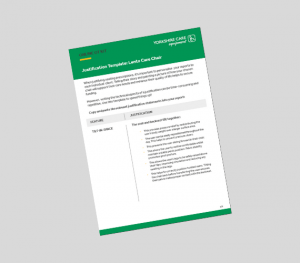
The Lento Care Chair Justification Template is included in the Online OT Kit
Included in the Online OT Kit are:
- Practical assessment tools — this includes a guide of sizing for specialist seating and more
- Time-saving report templates — such as justification templates for Lento Care Chairs and Riser Recliners.
- Detailed guides on assistive equipment — for example, our specialist seating e-book
Overall, this funding is designed to support getting people out of hospital. It does not replace existing social care budgets managed by local authorities.
How do I apply for funding?
Individuals cannot apply for funding, the £588 million has been allocated to the NHS to distribute as needed.
The hospitals will have a case manager who handles the patient’s transition from hospital care to community care. They will ensure people are discharged safely and in contact with the CHC teams to handle their initial 6-week recovery, and plan for any longer-term community care.

Summary
In summary, the new £588 million fund is to ensure speedy hospital discharges by giving people access to additional care after being discharged. The NHS will be able to provide up to six weeks of support, to help with ongoing recovery and rehabilitation after they leave the hospital.
The funding is available to everyone, including older people and those with disabilities.
Free consultations for home care equipment
Here at Vivid Care, we’re working with healthcare professionals to get the necessary equipment ready for speedy hospital discharge and to secure funding for any long-term care equipment.
Items such as access ramps, specialist seating and care beds can help people live more independently at home and support ongoing rehabilitation.
If you, a relative, or client would benefit from expert advice, please get in touch. We can also offer free, no-obligation assessments at your home, in our showroom, or via video call.
Error: Contact form not found.



